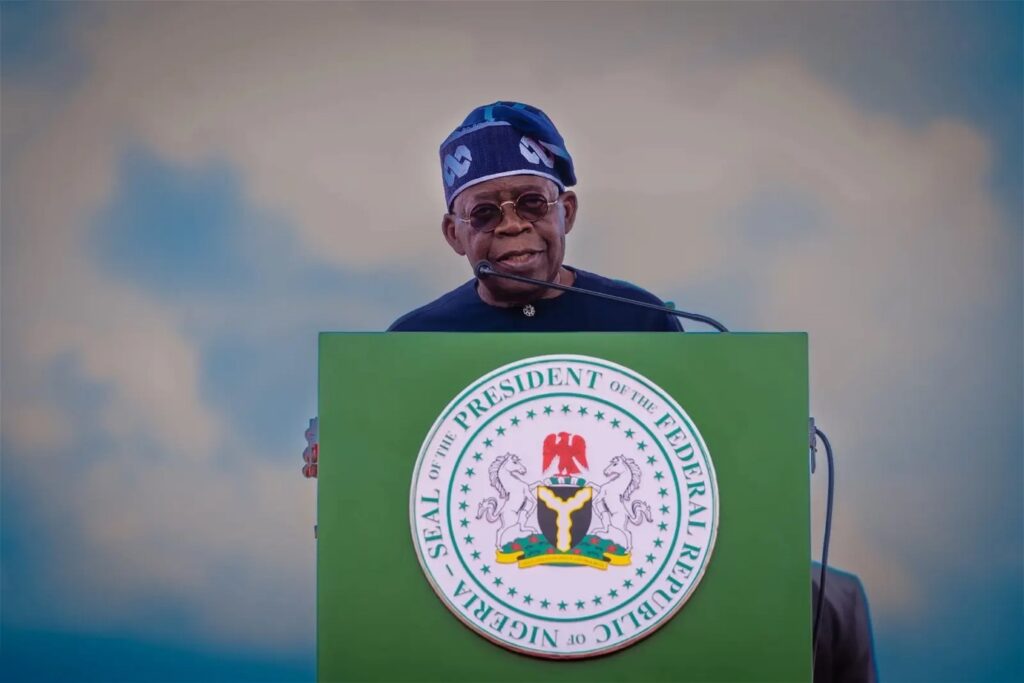As Nigeria celebrates 25 years of uninterrupted democracy, young Nigerians find themselves grappling with a complex mix of disillusionment and hope. Democracy Day, significant in the nation’s political history, marks a quarter-century since the end of military rule and the establishment of democratic governance. However, for many, it has also become a poignant reminder of the unfulfilled promises of freedom and protection under a democratic regime.
Declared in 1999, Democracy Day initially celebrated the election of Olusegun Obasanjo, whose swearing-in heralded the beginning of Nigeria’s democratic era. Initially observed on May 29, the date was moved to June 12 in 2018 to honor MKO Abiola, the presumed winner of the annulled 1993 presidential elections—a symbol of the fight for democracy.

Despite its historical significance, Democracy Day now resonates with the frustrations of many Nigerians. Rigged elections, suppressed protests, and punished free speech paint a picture of a democracy that often feels more theoretical than real. Even Obasanjo, a key figure in the establishment of democracy in Nigeria, has expressed doubts about the appropriateness of Western liberal democracy for Nigeria. He has pointed out that this model is a product of European history and culture, which may not align well with African traditions and governance systems.
Nigeria’s young population, which constitutes a significant portion of the electorate, expresses mixed feelings about the state of democracy. Many youths are disenchanted with the political process, citing a lack of genuine representation and opportunities. The promise of democracy—freedom, fairness, and a say in governance—often seems out of reach.
For numerous young Nigerians, Democracy Day is a stark reminder of their daily struggles. High unemployment rates, inadequate education systems, and poor healthcare services contribute to a sense of betrayal. These youths question the benefits of a democratic system that has not significantly improved their quality of life.

Yet, amidst the disillusionment, there is a flicker of hope. The resilience and activism of young Nigerians have been remarkable, especially in recent years. The #EndSARS protests in 2020 highlighted the power of youth mobilization and their demand for accountability and justice. Despite facing brutal crackdowns, young Nigerians continue to advocate for change, leveraging social media and other platforms to amplify their voices.
For democracy to truly resonate with Nigeria’s young people, substantial changes are needed. There must be a concerted effort to ensure free and fair elections, protect civil liberties, and provide economic opportunities. Political leaders must engage with the youth, listen to their concerns, and include them in decision-making processes.
Education also plays a crucial role. Young Nigerians need to be educated about their rights and responsibilities within a democratic system. Civic education can empower them to participate more actively in governance and hold leaders accountable.
As Nigeria marks 25 years of democracy, the significance of Democracy Day is a complex mix of history, reality, and potential. For the young people of Nigeria, it is a day that highlights both the failures and the possibilities of democratic governance. It is a call to action, a reminder that the fight for true democracy is ongoing and that their involvement is crucial in shaping the future of their nation.
Sources
- https://www.okayafrica.com/nigeria-democracy-day-2024/#:~:text=Declared%20in%201999%20to%20celebrate,May%2029%20up%20until%202018
- https://punchng.com/key-highlights-as-tinubu-celebrates-25-years-of-democracy-with-promises-tributes/#:~:text=In%202018%2C%20then%2DPresident%20Muhammadu,to%20Nigeria’s%20current%20democratic%20governance.
- https://en.wikipedia.org/wiki/Democracy_Day_(Nigeria)
- https://statehouse.gov.ng/news/president-tinubus-national-broadcast-on-the-25th-anniversary-of-unbroken-democracy-in-nigeria-democracy-day-12th-june-2024/




